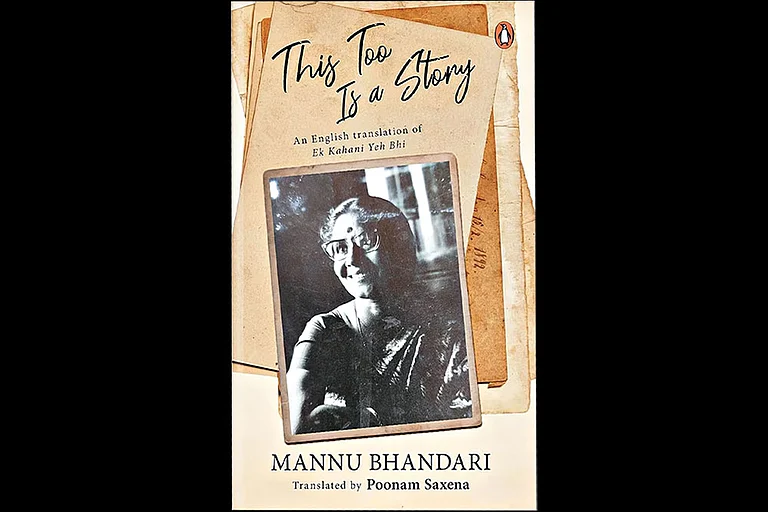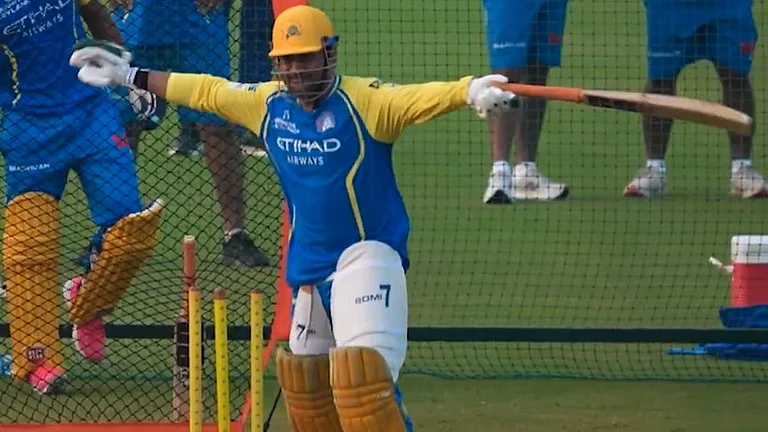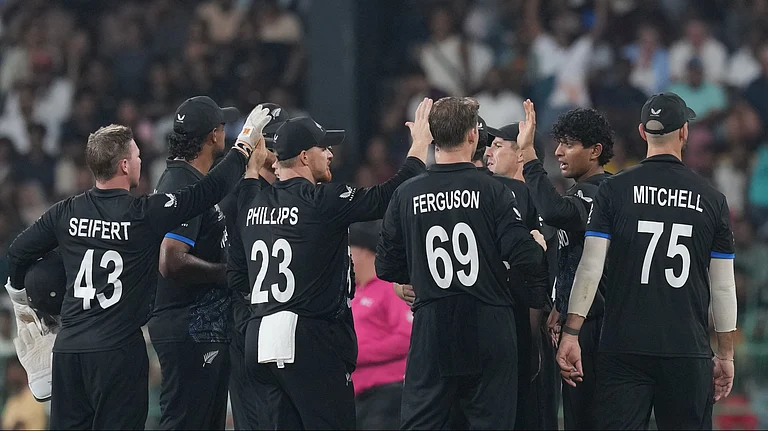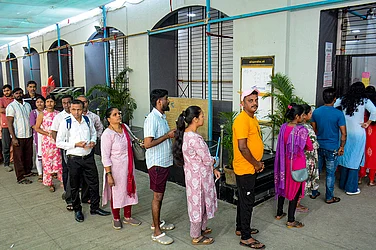On April 19, Gujarat MLA and Dalit activist Jignesh Mevani was arrested by a team of Assam Police from Banaskantha district in his home state over a tweet that allegedly insulted Prime Minister Narendra Modi. Flown to Guwahati the next day and lodged in different police stations, he was granted bail on April 25 by a court in Kokrajhar. However, Mevani, 41, was arrested immediately afterwards for allegedly assaulting a woman police officer. He was released on April 29 after a court in Barpeta granted him bail while criticising the state police for “false charges” against him. The Assam Police have since then moved the Gauhati high court challenging the lower court’s bail order. In an exclusive interview to Syeda Ambia Zahan, the legislator narrates his ordeal. Edited excerpts.
Day before ‘nine days’
It was April 19 and I was at a wedding in the Dalit community in Dhota Gaon of Palanpur. After having food, I was talking to a group of people, generally discussing politics and the troubled times we are living in. I remember saying that winning elections is not everything. I was also thinking that every month I should go to different places and connect with people with similar ideologies. I was really feeling positive that day. I took leave at 11 pm and reached the Palanpur circuit house in half an hour. Shortly afterwards, some people from my team informed me that a group of policemen wanted to meet me. When I said that I would meet them in the morning, they said the policemen were insisting on meeting me. That’s when the police team came inside and said I had to go with them immediately.
The arrest
The policemen took my mobile phones and asked me to accompany them to the Palanpur police station with them. I was not shown a copy of the FIR on the basis of which I was being arrested. I had no idea why I was being arrested. If I were to be taken to Assam, I had to call my mother and father. I had to speak to my lawyer and my team. But they denied my requests and said these things could be done later. The team of three-four policemen then took me to the police station where I was asked to sign the arrest memo. However, I was not allowed to speak to my lawyer. The policemen looked desperate. It was as if they were in a hurry. I told my PA and my associates to relax, and that whatever it was, I would sail through it. I asked them to arrange a protest, gather the team members and get in touch with my lawyer. While I was taken to the Ahmedabad airport, I asked the police officer who was escorting me the reason for my arrest. He said because of my tweet, there were some communal clashes in Assam. I was surprised, because in that particular tweet I had just asked PM Modi to appeal for peace and harmony in Gujarat.
Two states and a long journey
The Assam Police action was in blatant disregard of the Supreme Court’s guidelines on procedures to be followed during an arrest. I am both a lawyer and a lawmaker and hence well-versed with such procedures. At the airport, I was met by my team members as well as Gujarat Congress President Jagdish Thakor and my lawyer Paresh Vaghela. Only after they insisted, was I provided with a copy of the FIR. After changing two flights, I reached Guwahati the next day, where 20-25 armed police personnel were waiting. A scene was staged to give the impression that they have caught a big criminal. I know these psychological tactics well, so I kept calm.
I could smell a conspiracy when a woman officer came and sat beside me during the journey from the Guwahati airport to Kokrajhar. The police officer who had led the team to Gujarat sat in the front, beside the driver. After half-an-hour or so, the vehicle stopped and the woman constable talked to the police officer about something and then exchanged seats with him. After a journey of four hours, I was taken to the Kokrajhar police station, around 182 km from Guwahati. Later that evening, I was produced in the Kokrajhar court which sent me to police custody. When the court granted bail, I was arrested in yet another case, the second one even more outrageous. I was accused of assaulting and trying to outrage the modesty of a woman police officer. Out of nine days in custody, I was in two different police stations for eight nights and in jail for a day.
Inside an Indian jail
My day started pretty early. I got up at 5.30 in the morning. After a bath and a short prayer, I would line up with other inmates for breakfast, which consisted of a few rotis and some kind of sabji. Since I didn’t find it edible, I had tea and biscuits. As I had access to newspapers, I was trying to read as much as possible. The weather in Assam was nice and I was at peace with myself. I was also confident that I would win this battle. The police were well behaved. I could hear slogans in my support from outside the prison gates where many people had gathered in a show of solidarity. Many people from Congress, as well as independent and Left MLAs and lawyers visited me during my time in police custody. However, instead of all the support, what one has to go through alone is the lack of infrastructure and proper amenities in jails. This is something that concerned me and I kept thinking of all the long-term prisoners and how to protect their rights.
Prisoners of politics
When you are in custody for a week or two, when you are being supported by a political party, getting a lot of public attention and when the media keeps you in the top stories every day and people demonstrate for you, it gives you courage. It becomes a ‘cool’ thing. But what about those people who are in jail for months, for years? What remains when the attention fades out, when the media is gone and you are suffering in silence? How would you react then, what would be your body language? I was constantly thinking about Umar Khalid, Sudha Bharadwaj and all other political prisoners. Hardik (Patel) was in jail for nine months. Akhil Gogoi was in jail for over a year. Umar has been in jail for more than a year. All these political prisoners have suffered far more than me. Sharjeel Imam has been in jail for a long time. All those associated with Bhagat Singh went to jail. All these things come to your mind. Compared to them, what I am suffering is negligible and not worth mentioning. To what extent I can take it would depend on how much time I will be in jail. This country has a lot of undertrial prisoners and most of them are from the minority and Dalit communities who are being marginalised and exploited. When they don’t get financial support, they can’t apply for bail.
A free man
On April 29, I became a free man. What the 13-page bail order by the Barpeta court did was remove all the cloud of doubt against me. The order pulled up Assam Police for filing a “false FIR” and “abusing the process” of the court and the law. The whole nine-day ordeal was nothing but a conspiracy. I feel I have earned the goodwill of the police, the people of Assam and the Congress. I have had the previous experience of staying in the Ahmedabad jail for four-and-a-half days. But this time the thought of my little niece not being able to call me made me emotional. She would make video calls many times a day. Also, the fact that my parents could not get in touch made me emotional. Otherwise, I was in a good mood.
(This appeared in the print edition as "‘Other political prisoners have suffered more’")


























